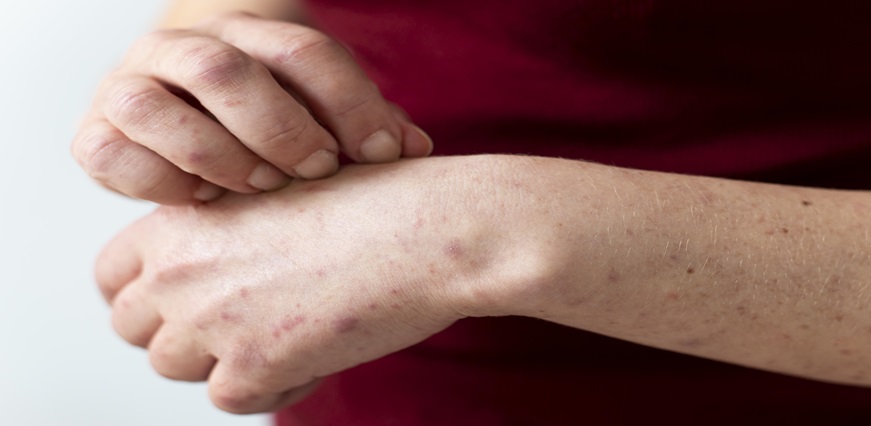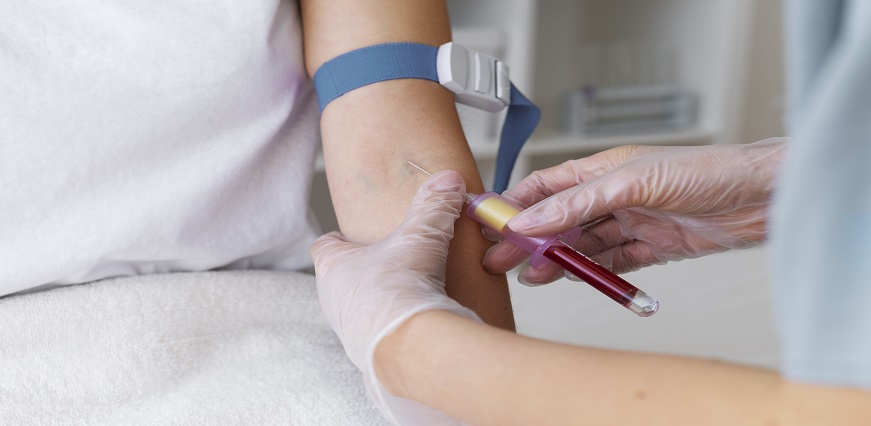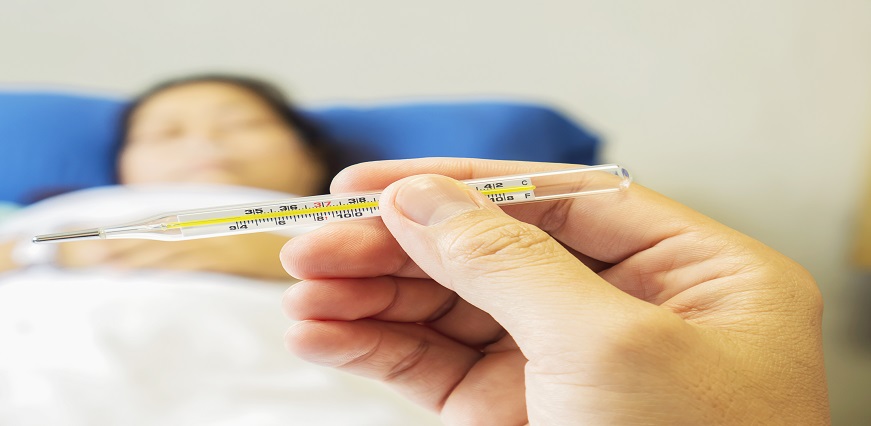





No lab centers are available in this city

Max Lab
Jun 27, 2024
Psoriasis is an autoimmune skin disorder that leads to itchiness and sometimes discomfort. The most frequent form is plaque psoriasis, which comes in the form of a rash with thick, itchy, scaly patches, typically appearing on the knees, elbows, trunk, and scalp. These thick, red scaly patches are also known as plaques. Although there is a less chance of cure for psoriasis, various treatments may help manage and mitigate the symptoms.
To understand what psoriasis is, it's important to know that it is a persistent skin condition that, while treatable, cannot be cured and may potentially lead to complications like psoriatic arthritis, autoimmune disorders, or metabolic syndrome. Consulting a skilled dermatologist for comprehensive treatment can effectively manage and help prevent the progression of the condition.
Psoriasis can be form in various types, including:
Symptoms of psoriasis disease include:
Early signs of psoriasis typically begin with small bumps that gradually develop scales on their surface. The plaques may shed superficial layers, yet the underlying scales remain adhered. Scratching the rash can detach scales, leading to potential bleeding. As the rash progresses, it may evolve into larger areas of skin damage known as lesions. The right treatment of psoriasis disease can help in managing symptoms ranging from mild to severe. In ayurveda, psoriasis disease treatment often includes herbal therapies, dietary adjustments, and lifestyle changes aimed at balancing the body's doshas and reducing inflammation.
The main cause of psoriasis involves dysfunction in immune cells, which mistakenly identify healthy skin cells as pathogens like bacteria or viruses. This triggers inflammation that accelerates the division of skin cells, leading to a buildup of new and old cells in thick plaques. This process results in the characteristic rash or psoriatic dermatitis, often accompanied by shedding of the upper layers of skin.
Psoriasis disease can also be influenced by various other factors:
A dermatologist diagnoses psoriasis by conducting a physical examination and examining a small sample of skin under a microscope. Based on the type of psoriasis, its location on the body, and its severity, the dermatologist collaborates with the patient to create a personalized treatment plan.
While psoriasis disease cannot be cured, effective treatment helps manage symptoms and keeps the condition under control. Adhering to a treatment regimen is crucial for minimizing complications and addressing related health concerns. Many patients seek psoriasis disease treatment in Ayurveda, which emphasizes natural remedies and holistic approaches to manage symptoms and improve skin health.

















Sign up takes less than 60 secs and gives you access to your offers, orders and lab tests.
Looks like you are not registered with us. Please Sign up to proceed
OTP will be sent to this number by SMS
We have successfully received your details. One of the agents will call you back soon.
 To reach our help desk call 9213188888
To reach our help desk call 9213188888
No Lab Centers are available in this city
Looks like you are not registered with us. Please Sign up to proceed
OTP will be sent to this number by SMS
Not Registered Yet? Signup now.Looks like you are not registered with us. Please Sign up to proceed





 7982100200
7982100200.png)
Comments